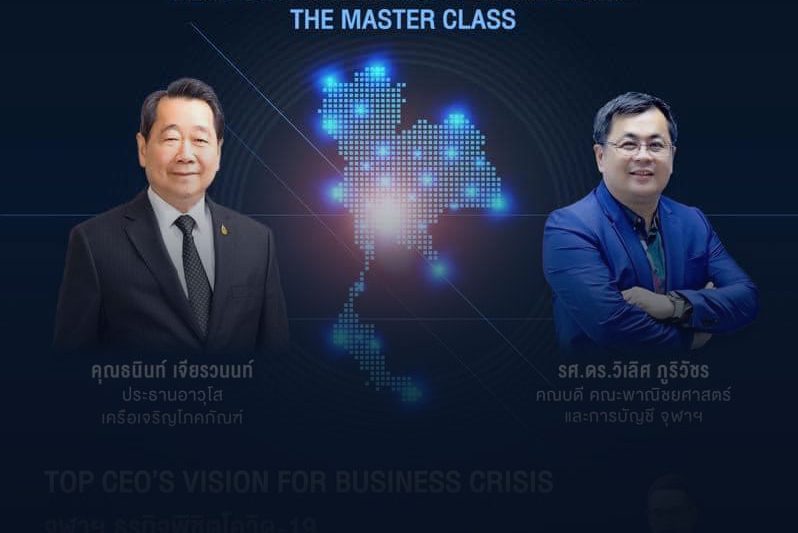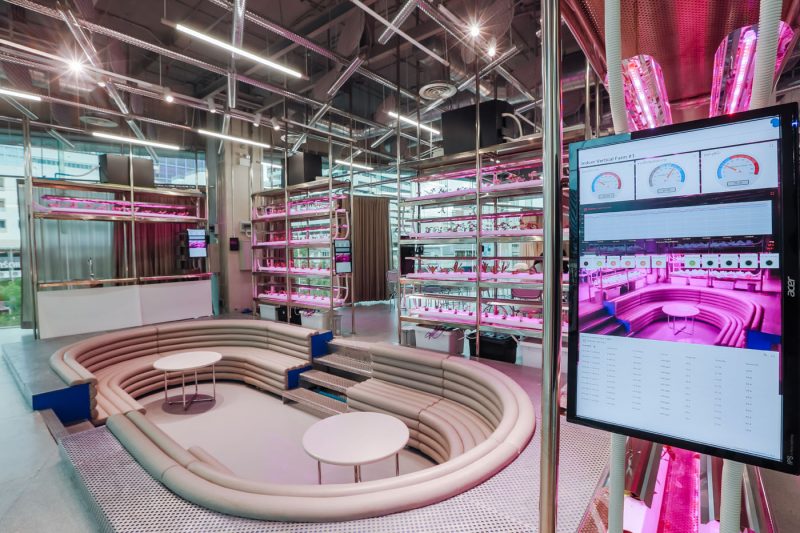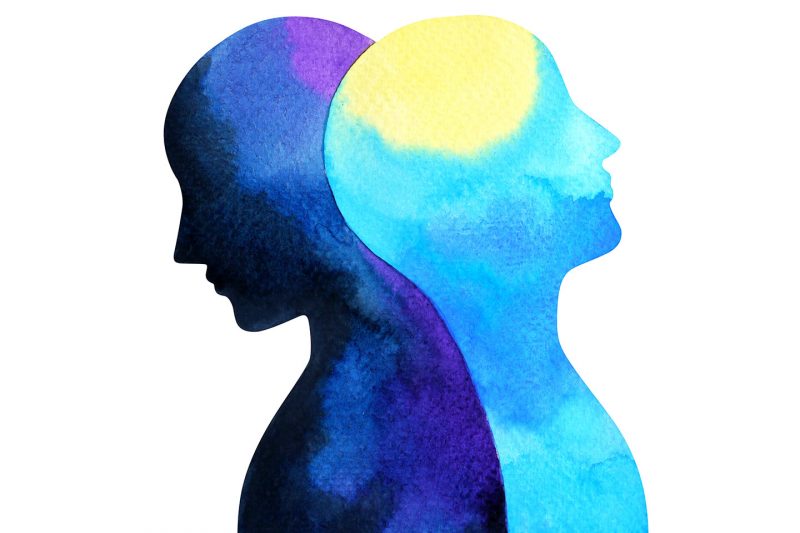Sustainability Literacy Assessment for Chulalongkorn University Students and Staff
Chulalongkorn University places strong emphasis on developing sustainability literacy—the knowledge, understanding, and skills related to sustainable development—among its students, faculty members, and staff. The university actively promotes learning opportunities that encourage all members of its community to understand and apply sustainability principles appropriately within their own contexts—whether in teaching, learning, research, or professional practice.
To systematically monitor and evaluate the outcomes of sustainability learning, the university has implemented various assessment and evaluation activities, including:
Formal course-based learning:
Formal course-based learning: Courses focusing on sustainability often incorporate pre- and post-course assessments, or final evaluations, to measure changes in knowledge, understanding, and the ability to apply sustainability concepts in real-world scenarios.
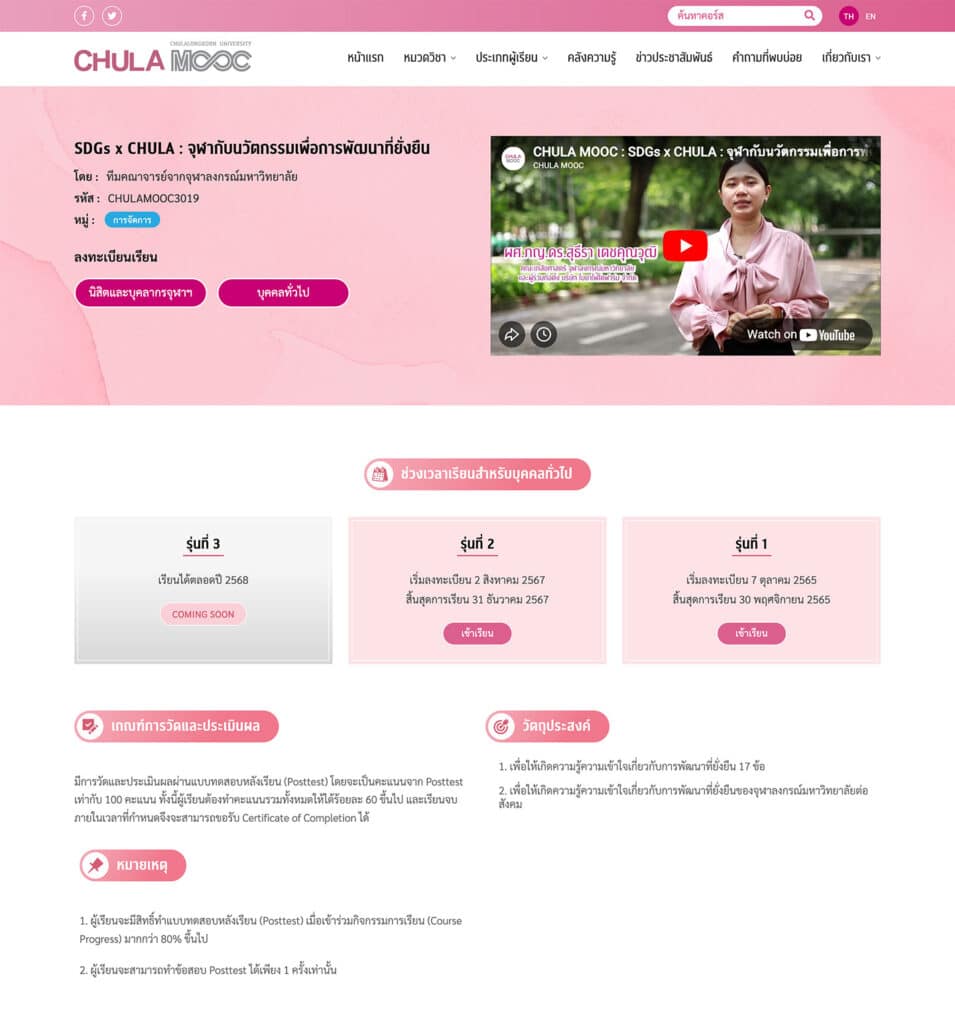
[ https://mooc.chula.ac.th/course-detail/48 ]
Workshops and experiential learning activities:
Workshops and experiential learning activities: Participants in workshops or sustainability-related events are evaluated through quizzes, reflective summaries, or small-scale follow-up activities conducted after the sessions. These assessments aim to capture both the learning outcomes and changes in participants’ perspectives.
In addition, Chulalongkorn University has adopted the Sulitest TASK (Sustainability Literacy Assessment Tool) as a standardized and internationally recognized instrument for assessing sustainability literacy. This tool enables instructors and organizers of sustainability-related activities to conduct evaluations in a systematic, data-driven, and globally comparable manner.
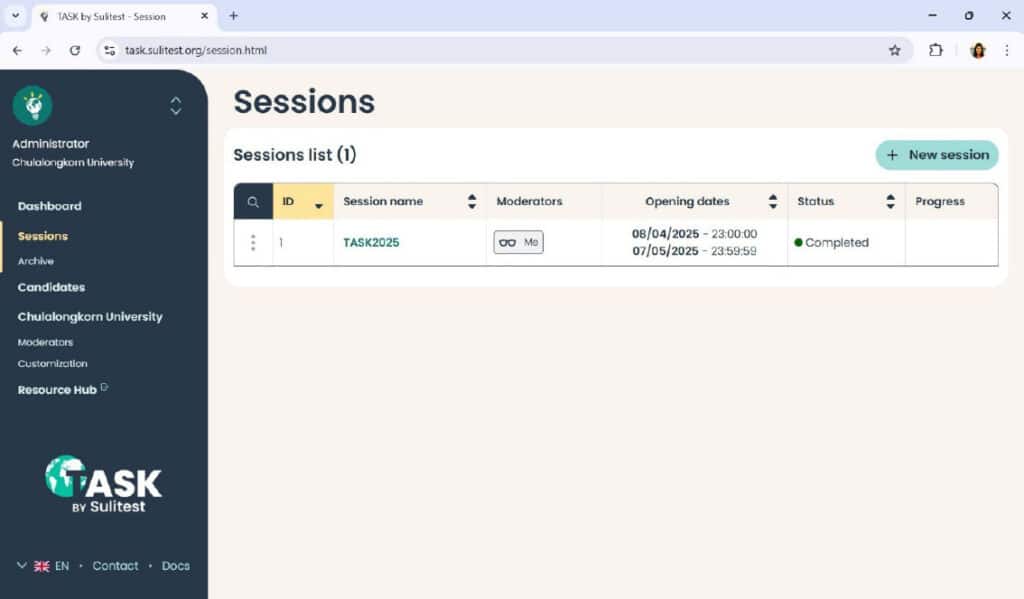
[ https://task.sulitest.org/ ]
By Chulalongkorn University
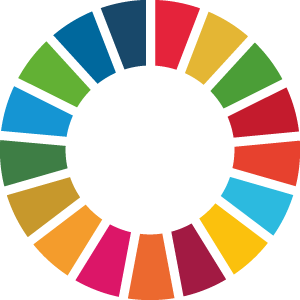
Related SDGs
Others

